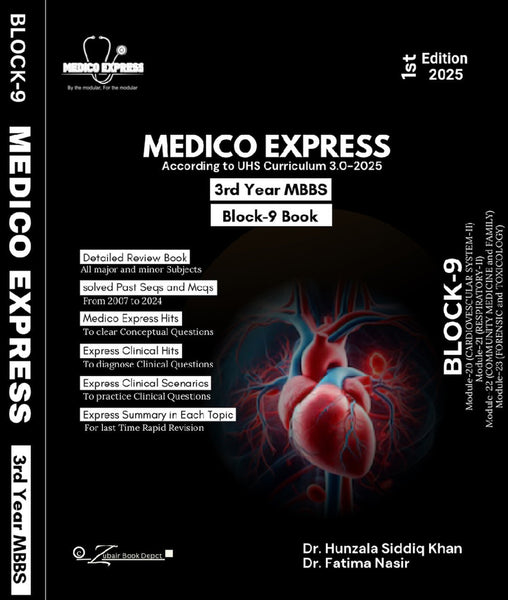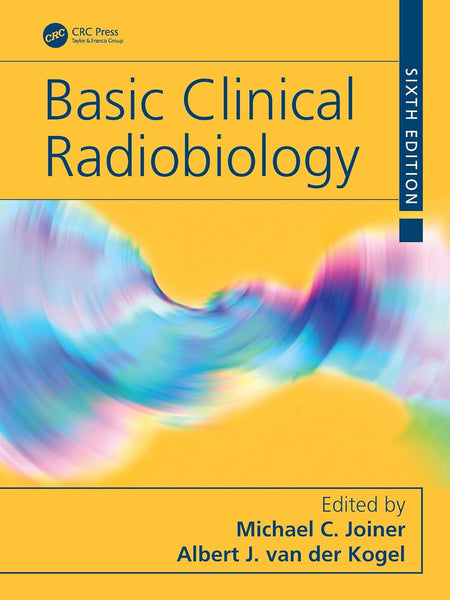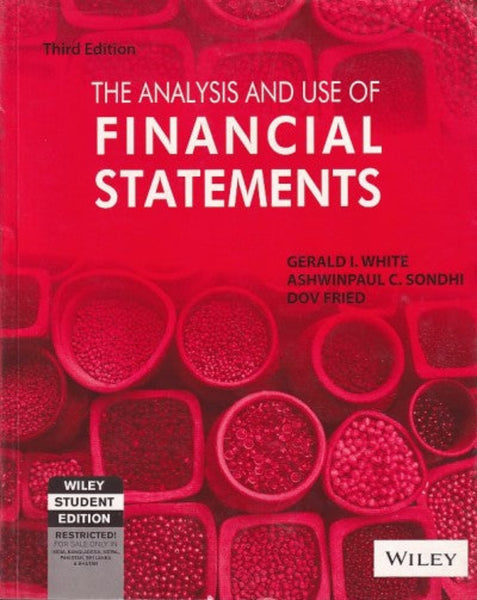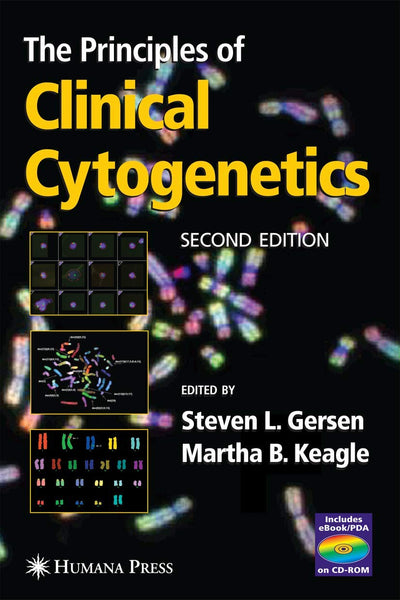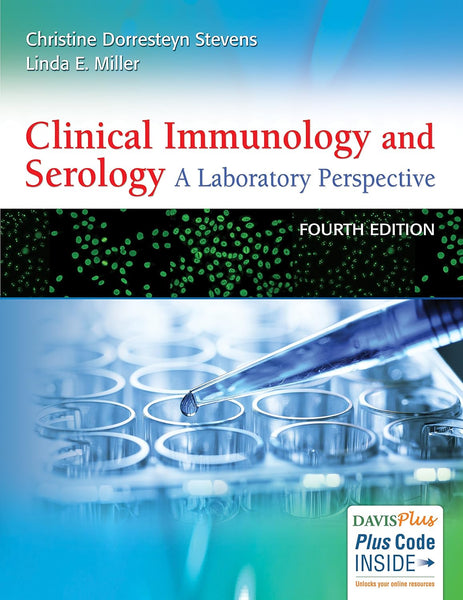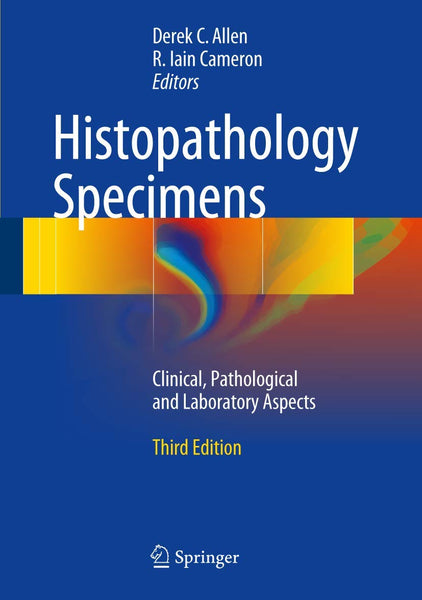Dastan e Tareekh e Urdu - داستان تاریخ اردو by Hamid Hasan Qadri
- Publisher: HISTORY
- Availability: In Stock
- SKU: 58405
- Number of Pages: 880
Rs.875.00
Rs.1,295.00
Tags: 1938 Urdu Literature , Abdullah Academy , Abdullah Academy Urdu Books , best books , Best Price , Best Selling Books , Dastan e Tareekh e Urdu , Dastan-e-Tareekh-e-Urdu 1938 Edition , Dastan-e-Tareekh-e-Urdu by Hamid Hasan Qadri , Dastan-e-Tareekh-e-Urdu Complete Guide , Early 20th Century Urdu Literature , Evolution of Urdu Prose and Poetry , Hamid Hasan Qadri , Hamid Hasan Qadri Historical Work , Hamid Hasan Qadri Urdu Book , Hamid Hasan Qadri's Contribution , History of Urdu Literature , ONLINE BOOKS , Online Bookshop , Urdu Language Development , Urdu Language History , Urdu Language Progress , Urdu Literary Samples , Urdu Literature Evolution , Urdu Literature from Beginning to 20th Century , Urdu Literature Growth , Urdu Literature Reference , Urdu Prose and Poetry History , Urdu Writers and Their Works , اردو ادب کی تاریخ , اردو زبان و ادب , اردو زبان کا ارتقا , اردو کے مصنفین , تاریخ اردو , داستان تاریخ اردو
Dastan-e-Tareekh-e-Urdu - داستان تاریخ اردو by Hamid Hasan Qadri
۱۹۳۸ء یعنی
ابتدا سے بیسویں صدی کے شروع تک اردو زبان و ادب کے نشو و نما کی تاریخ مصنفین نثر اردو کے حالات اور تصنیفات کے نمونے مع اضافے
Publisher: Abdullah Academy
Dastan-e-Tareekh-e-Urdu (داستان تاریخ اردو) by Hamid Hasan Qadri, published by Abdullah Academy, is a comprehensive historical account of the evolution of Urdu language and literature from its inception to the early 20th century. First published in 1938, this book serves as an essential resource for students, researchers, and literature enthusiasts who seek to understand the historical development of Urdu prose and poetry. The book meticulously traces the linguistic, cultural, and literary influences that shaped Urdu, providing detailed biographical sketches of prominent writers and showcasing their literary contributions. Through a combination of historical analysis and textual examples, Qadri offers an insightful narrative of how Urdu flourished over centuries, influenced by Persian, Arabic, and indigenous literary traditions. This work is invaluable for anyone interested in the rich literary heritage of Urdu and its transformation over time.
Keypoints:
-
Comprehensive History of Urdu Literature
The book covers the development of Urdu language and literature from its origins to the early 20th century, offering a detailed historical perspective. -
Focus on Urdu Prose and Poetry
It discusses the evolution of both prose and poetry, highlighting key literary figures and their contributions to Urdu literature. -
Biographical Accounts of Writers
The book includes detailed biographical sketches of renowned Urdu poets and writers, providing insights into their lives and works. -
Influence of Persian and Arabic
It examines how Persian and Arabic languages influenced Urdu’s vocabulary, literary style, and script. -
Early Literary Movements
The book sheds light on important literary movements that shaped Urdu literature, such as classical poetry, modern prose, and progressive writing. -
Examples of Classical and Modern Writing
The author includes samples of classical and modern Urdu texts, allowing readers to observe the stylistic evolution of the language. -
Cultural and Historical Context
Qadri connects literary development with historical events, showing how Urdu literature responded to social and political changes. -
Impact of Regional Languages
The book explores the role of regional languages like Hindi, Punjabi, and Marathi in shaping the vocabulary and style of Urdu. -
Early 20th Century Urdu Literature
It discusses how Urdu literature adapted to modern themes and global influences at the beginning of the 20th century. -
Essential Resource for Urdu Studies
This book remains an essential reference for students, scholars, and enthusiasts of Urdu language and literature, offering a foundational understanding of its historical evolution.
Conclusion:
Dastan-e-Tareekh-e-Urdu is a landmark work in Urdu literary history, meticulously documenting the growth of the language and its literature over centuries. Hamid Hasan Qadri’s scholarly approach, combined with rich biographical and textual examples, makes this book a timeless resource for anyone interested in Urdu's literary and linguistic heritage. Its detailed analysis of literary movements, historical influences, and key writers ensures its lasting relevance in the study of Urdu literature.



